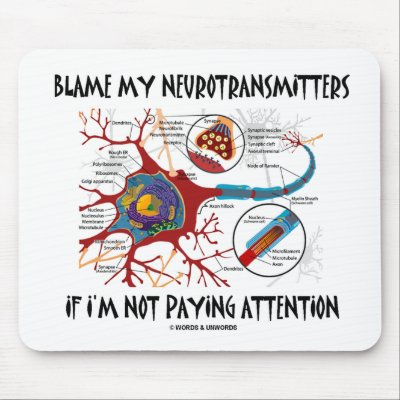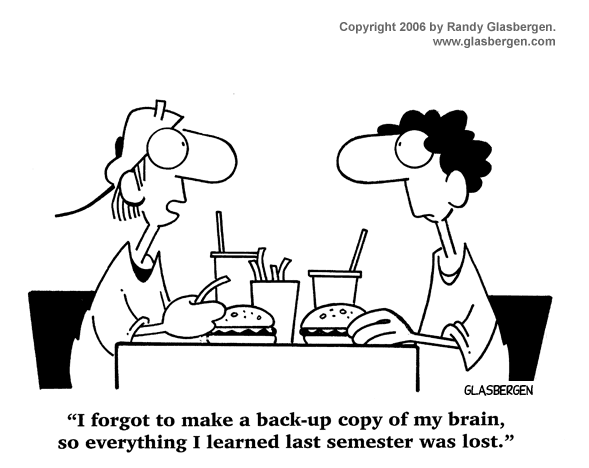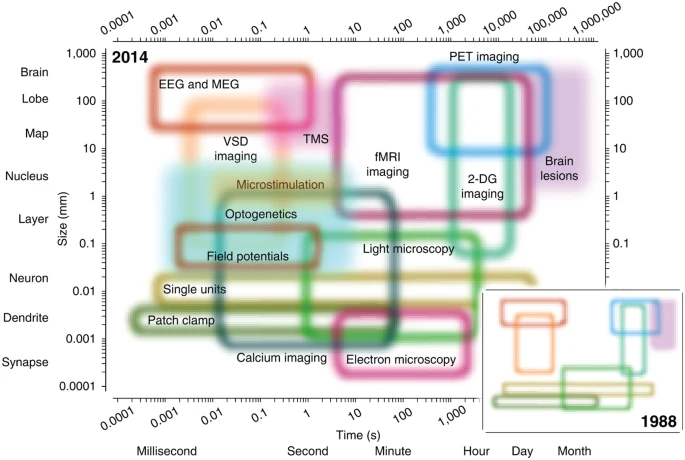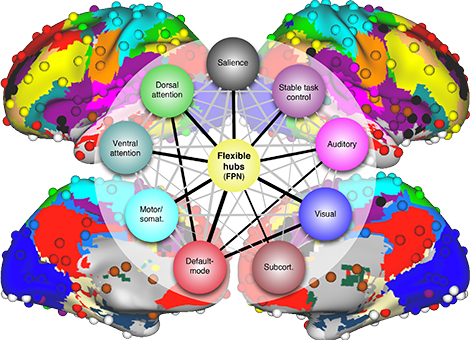2022-01-13 12:55:17
Prelude
PSYCH 260/BBH 203
Neurological Bases of Human Behavior
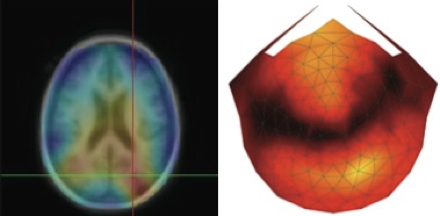
TA & Instructor
Iris Zhao, B.A.
Graduate Student in Developmental Psychology
Rick O. Gilmore, Ph.D.
Professor of Psychology




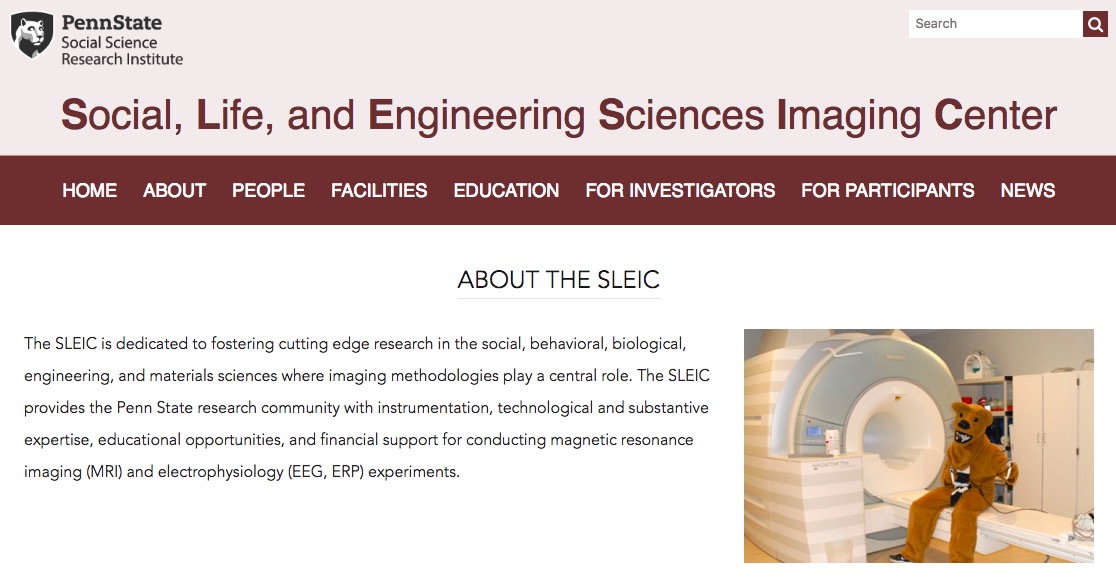
What is this course about?
- What is behavior?
- How is human behavior similar to/different from other animals?
- What are the neurological bases (of human behavior)?
- What other bases are there?
- How do the neurological bases of human behavior affect your life?
What is this course about?
- What is behavior?
- How is human behavior similar to/different from other animals?
- What are the neurological bases (of human behavior)?
- What other bases are there?
- How do the neurological bases of human behavior affect your life?
What is this course about?
- What is behavior?
- How is human behavior similar to/different from other animals?
- What are the neurological bases (of human behavior)?
- What other bases are there?
- How do the neurological bases of human behavior affect your life?
- Why does taking/drinking X make me feel Y?
- My grandmother has Alzheimer’s disease. What’s happening to her brain?
- Carrie Fisher had bipolar disorder. What’s that about?
- Why is sleep so important for brain health?
- My mom says my frontal cortex isn’t fully mature. Is she right?
- Is it safe for high school athletes to play football (or soccer, hockey, etc.)?
This course is about…
Genes
Neurotransmitters
Neurons
Networks
Brains
Behavior
Today’s topics
- Introduction to the course
- A bit about systems
Course overview
Keys for success
- Study the figures.
- Study regularly – don’t cram.
- Come to class.
- Participate!
Why is biology essential for the science of behavior?
- What is science?
- What distinguishes sciences?
- What is neuroscience?
- Why is neuroscience harder than physics?
What is science?
What is science?
- Body of facts or truths
- Process of acquiring knowledge
- Systematic study
- Observation, experiment, description
- Aims at reliable, reproducible, general, systematic, universal laws
- Strives for objectivity
Gilmore on science vs. other ways of thinking
- Science is a way of thinking and a set of behaviors
- Science describes, tries to predict
- Science alone not well-suited to prescribing (recommending) or proscribing (prohibiting)
- little to say about what is good, just, right, moral, etc.
- (Although systematic descriptions of phenomena can be used to make pre/proscriptive claims…)
- Science rests on evidence and logic
- NOT on authorities (e.g., people whose stature is largely or solely based on their position or economic status)
- However, some scientific claims (and scientists) are more credible and authoritative than others.
- Science respects tradition
- but questions and tests it repeatedly…
- Science should be reproducible
- others can get the same answer
- Science
- has led to huge advances in human health and prosperity over the last several centuries
- will be essential for maintaining and extending those advances in the future
- Example: Rapid development and deployment of multiple, effective, and safe vaccines for SARS-CoV-2 that sharply reduce severe illness and death.
Similarities between sciences
- What are the different kinds of X?
- Form, e.g., anatomy
- How does X work?
- Function, e.g., physiology
- Where did X come from?
- Origins, e.g., development/evolution
Examples
- “Coronavirus gets its name because of its crown-like shape.”
- “Coronavirus appears to have originated in non-human animals in China.”
- “Viruses reproduce (and cause illness) by forcing host organisms to create massive quantities of the virus that then spread to others.”

www.evogeneao.com
Differences among sciences
- Phenomena of interest (studying what)
- Methods or tools (studying it how)
- Levels of analysis
- Spatial scale (nanometers \(10^{-9}m\) to light-years \(10^{15}m\))
- Temporal scale (milliseconds \(10^{-3}s\) to millenia \(10^3s\))
What is neuroscience?
- The study of the nervous system
- And the behavior it makes possible
- Questions neuroscience asks…
- What are the parts of the nervous system?
- How do the parts work? What do they do?
- Where did they come from?
Why neuroscience is harder than physics

Why neuroscience is is harder than physics

A bit about systems
A bit about systems
- Neuroscience studies the nervous system…
- But what are systems?
Related ideas
- Wikipedia on systems theory
- Wikipedia on systems thinking
- Wikipedia on cybernetics
- Science concerned with the study of systems of any nature which are capable of receiving, storing and processing information so as to use it for control.
Systems you know…
- Think of a system you know something about
- What makes it a system?
Non-biological examples
- Solar system
- Climate system
- Economic system
- Internet
Systems have
- Boundaries
- Components
- Interactions
- Forces/influences
- Inputs, outputs, processes
Systems…
- “Behave” or change state across time
- May return to starting state
- Appear to be regulated, controlled, influenced by feedback loops
May be thought of as networks
Why is studying systems so hard?
- Single parts -> multiple functions
- Single functions -> multiple parts
- Change structure/function over time (learning, development)
- Naturally occurring systems not “designed” like human-engineered ones
- What information is being processed? What is being controlled?
Next time…
- History of neuroscience
- Methods of neuroscience


